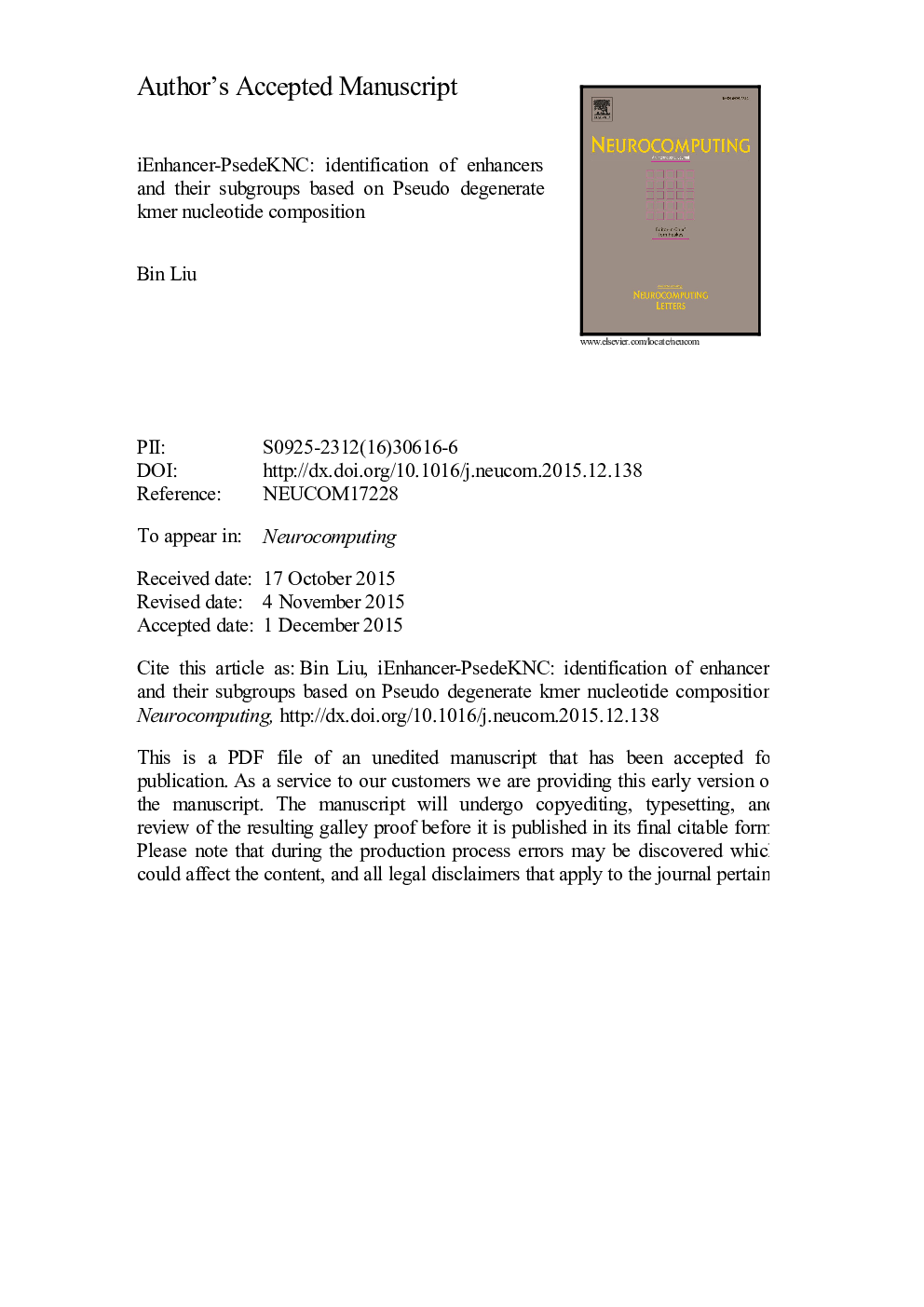| Article ID | Journal | Published Year | Pages | File Type |
|---|---|---|---|---|
| 4948150 | Neurocomputing | 2016 | 21 Pages |
Abstract
Detecting masked faces in the wild has been emerging recently, which has rich applications ranging from violence video retrieval to video surveillance. Its accurate detection retains as an open problem, mainly due to the difficulties of low-resolution and arbitrary viewing angles, as well as the limitation of collecting sufficient amount of training samples. Such difficulties have been significantly challenged the design of effective handcraft features as well as robust detectors. In this paper, we tackle these problems by proposing a learn-based feature design and classifier training paradigm. More particularly, a modified LeNet, termed MLeNet, is presented, which modifies the number of units in output layer of LeNet to suit for a specific classification. Meanwhile, MLeNet further increases the number of feature maps with smaller filter size. To further reduce overfitting and improve the performance with a small quantity of training samples, we firstly increase the training dataset by horizontal reflection and then learn MLeNet via combining both pre-training and fine-tuning. We evaluate the proposed model on a real-world masked face detection dataset. Quantitative evaluations over several state-of-the-arts and alternative solution have demonstrated the accuracy and robustness of the proposed model.
Related Topics
Physical Sciences and Engineering
Computer Science
Artificial Intelligence
Authors
Shaohui Lin, Ling Cai, Xianming Lin, Rongrong Ji,
